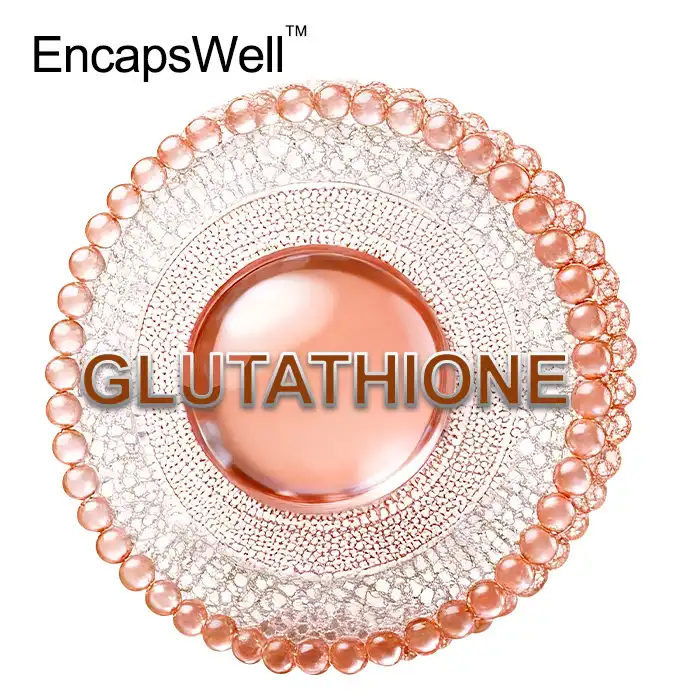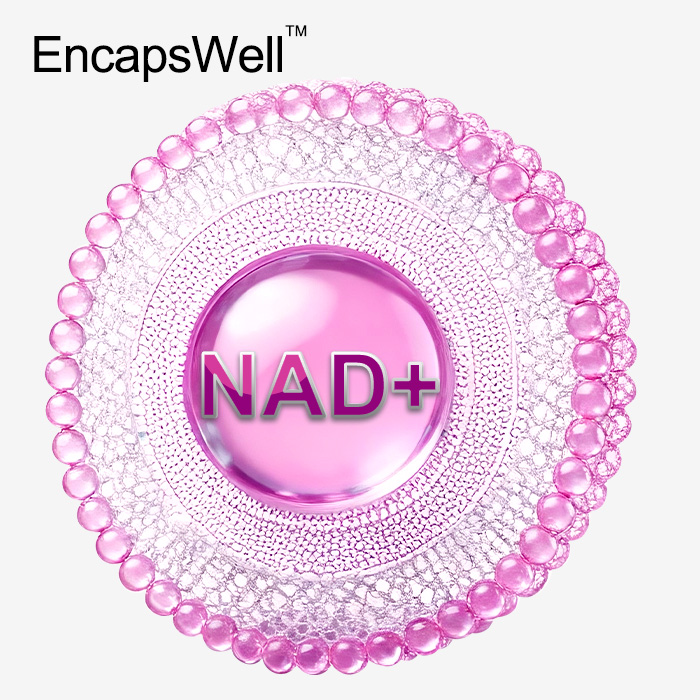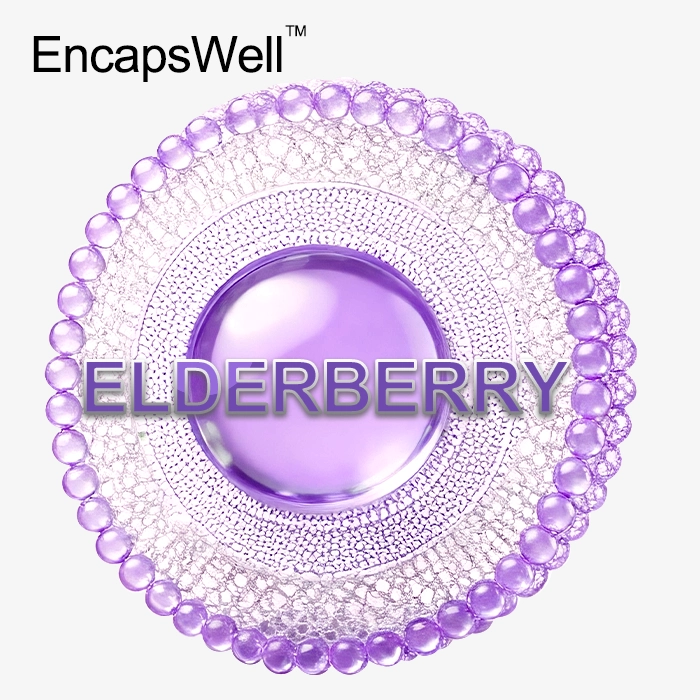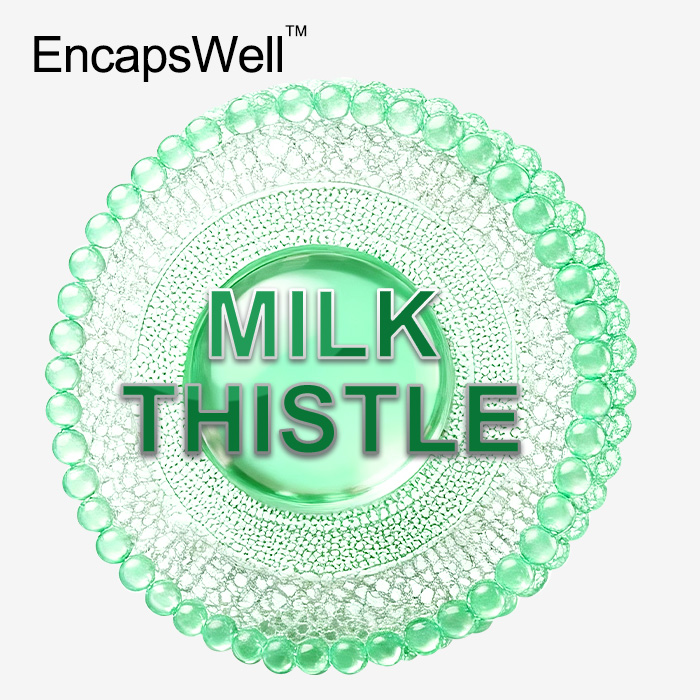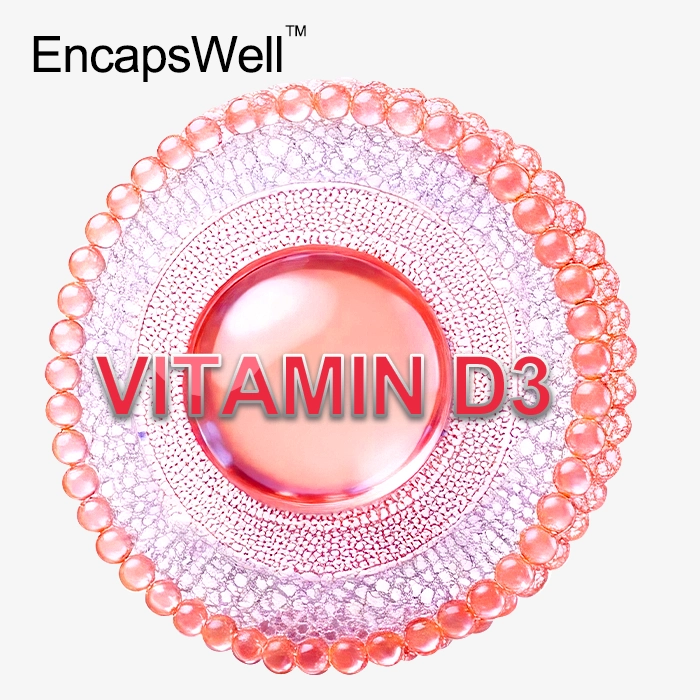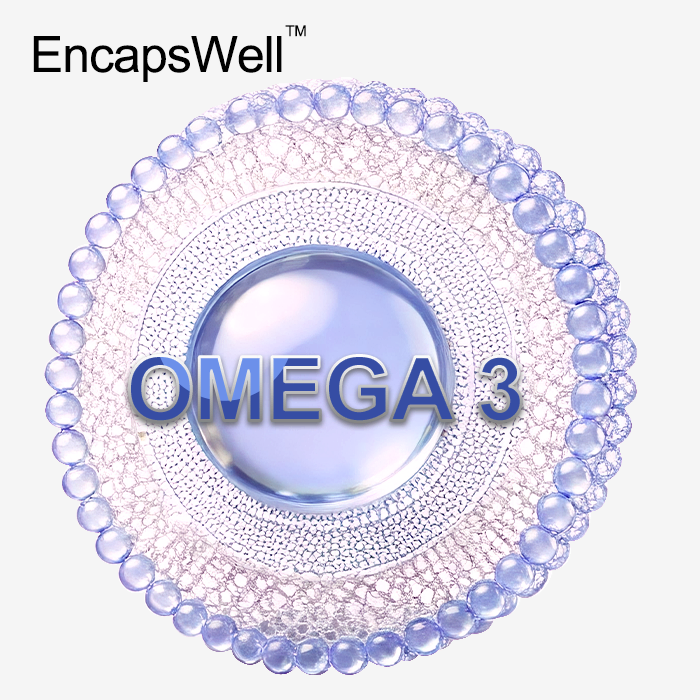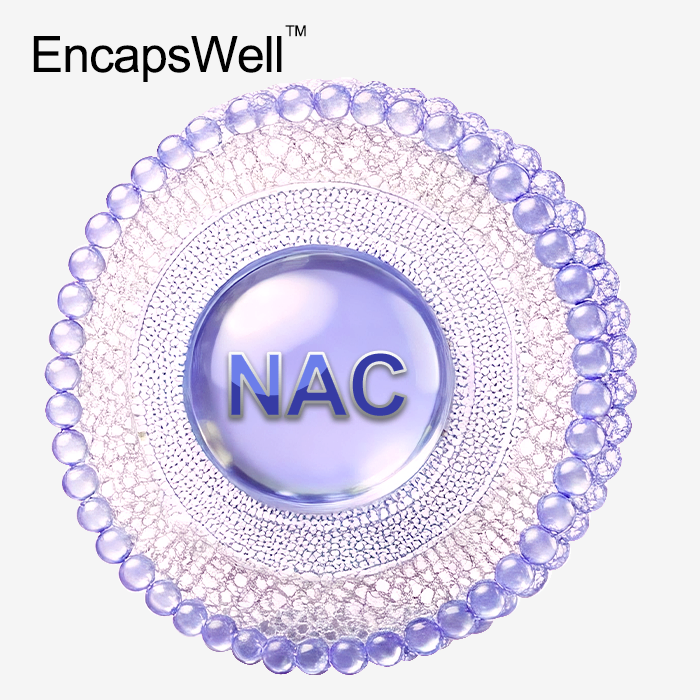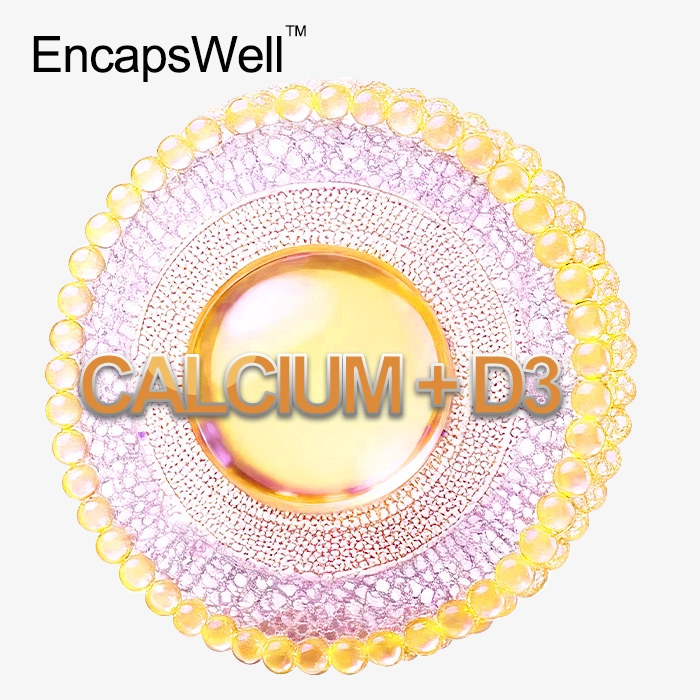Why Liposomal CoQ10 is Essential for Heart and Energy Health?
Coenzyme Q10 (CoQ10) is a vital nutrient for human health. It powers our cells and protects our hearts. However, the benefits of CoQ10 depend entirely on one factor: absorption. Traditional CoQ10 supplements are notoriously difficult for the body to absorb. This means you may not get the results you expect. This is where liposomal technology changes the game. Liposomal CoQ10 powder encases the nutrient in a protective lipid bubble. This unique delivery system dramatically enhances bioavailability. It ensures more CoQ10 reaches your bloodstream and cells. This superior absorption makes liposomal CoQ10 an essential tool for boosting cellular energy, protecting cardiovascular function, and promoting overall vitality.
The Science of Cellular Energy: How CoQ10 Powers Your Body?
Coenzyme Q10: The Spark Plug for Your Cellular Engines
Every cell in your body contains tiny power plants called mitochondria. These structures are responsible for generating the energy you need to live and breathe. Coenzyme Q10 acts like a crucial spark plug within these cellular engines. It is a vitamin-like compound essential for the electron transport chain. This process converts the food you eat into adenosine triphosphate (ATP). ATP is the primary energy currency of your cells. Without sufficient CoQ10, this energy production process becomes inefficient. This can lead to feelings of fatigue and a decline in cellular function.
Heart and Brain: Organs with High Energy Demands
Some organs work much harder than others. Your heart, for instance, beats over 100,000 times per day. Your brain constantly processes information. These high-energy organs have dense concentrations of mitochondria. Consequently, they have the highest requirements for CoQ10 to fuel their continuous activity. As we age, our body's natural production of CoQ10 declines. This decline is often linked to age-related fatigue and reduced cardiovascular performance. Supplementing can help replenish these levels. It supports the function of our most vital organs.
Ubiquinone vs. Ubiquinol: Understanding the Forms
CoQ10 exists in two main forms within the body: ubiquinone and ubiquinol.
- Ubiquinone is the oxidized form. The body must convert it into ubiquinol to be used.
- Ubiquinol is the reduced, active antioxidant form. It is considered more readily available for the body to use.
While the body can convert between these forms, ubiquinol is often preferred in supplements. Research suggests it may offer superior bioavailability and more potent antioxidant activity. This trend toward the ubiquinol form reflects a growing consumer demand for the most effective ingredients. When formulating a product, understanding this preference is key to meeting market expectations.
The Bioavailability Challenge: Why Traditional CoQ10 Falls Short
Poor Solubility and Limited Absorption
The primary challenge with conventional CoQ10 is its physical nature. It is a large, crystalline molecule that is fat-soluble, not water-soluble. Your digestive tract is a predominantly watery environment. This makes it very difficult for the body to break down and absorb crystalline CoQ10 effectively. A significant portion of a standard CoQ10 supplement can pass through your system without ever entering the bloodstream. This means its powerful benefits never reach your cells, limiting its overall effectiveness.
The Impact of Low Bioavailability
Bioavailability is a term used to describe the proportion of a nutrient that enters circulation and has an active effect. Due to its poor solubility, traditional CoQ10 has very low bioavailability. Studies have shown that only a small fraction of ingested crystalline CoQ10 is actually absorbed. To compensate for this, brands often use very high doses. This approach is inefficient and can be costly for both the manufacturer and the consumer. It fails to address the root problem: the delivery mechanism itself is flawed.
Introducing Liposomal Technology: The Superior Delivery System
Liposomal technology offers an elegant solution to this long-standing absorption problem. A liposome is a microscopic sphere made from phospholipids. These are the same natural fats that make up your own cell membranes. In a liposomal coenzyme Q10 formulation, the CoQ10 molecule is encapsulated within this lipid bubble. This innovative delivery system offers two key advantages:
- It protects the CoQ10 from degradation in the harsh environment of the gut.
- It allows the CoQ10 to be absorbed more easily by the intestines, as the liposome can fuse with cells to deliver its payload directly.
Liposomal CoQ10: Unlocking Maximum Heart and Energy Benefits
Enhanced Bioavailability for Cardiovascular Protection
The most significant advantage of liposomal CoQ10 is its dramatically improved absorption. By bypassing the typical barriers to uptake, this advanced form achieves significantly higher concentrations in the plasma. For heart health, this is a critical difference. More CoQ10 reaches the heart muscle cells. It can then work to improve mitochondrial efficiency, support healthy blood pressure levels, and reduce oxidative stress. This targeted delivery ensures the heart has the fuel it needs to function optimally, providing robust cardiovascular protection.
Powerful Antioxidant and Anti-Aging Function
Beyond its role in energy production, liposomal CoQ10 is a potent fat-soluble antioxidant. It works within cell membranes to neutralize harmful free radicals. These unstable molecules can damage cells, lipids, and even DNA, contributing to the aging process. By quenching free radicals, liposomal CoQ10 helps protect cellular integrity and delay cellular aging. This benefit extends to the skin, where it helps support elasticity and combat photoaging. This makes it a highly sought-after ingredient in modern beauty-from-within supplements.
Stable and Versatile Formulations for Modern Products
For supplement brands, product stability and versatility are paramount. Liposomal CoQ10 powder offers exceptional performance in this area. The liposomal encapsulation protects the CoQ10 from oxidation, ensuring a longer shelf life and sustained potency. Furthermore, this advanced powder is water-dispersible. This opens up a world of formulation possibilities beyond traditional pills. It is perfectly suited for a wide range of applications, including:
- High-potency powders
- Liquid supplements
- Softgels and capsules
- Functional beverages and energy drinks
This adaptability allows brands to create innovative, combination products. For example, pairing it with ingredients like PQQ or L-Carnitine can create powerful synergistic formulas for mitochondrial health.

Conclusion
The evidence is clear. Coenzyme Q10 is fundamental for energy production and heart health, but its effectiveness hinges on absorption. Traditional forms fall short, limiting their impact. Liposomal CoQ10 revolutionizes supplementation by solving this core bioavailability problem. Its advanced delivery system ensures that this vital nutrient reaches your cells where it is needed most. This results in superior support for cardiovascular function, cellular energy, and antioxidant protection. For brands aiming to deliver tangible results, liposomal CoQ10 powder is not just an option - it is the scientifically superior choice for creating high-performance health products that meet the demands of today's informed consumer.
FAQs
What makes liposomal CoQ10 powder different from regular CoQ10?
The key difference is the delivery system. Regular CoQ10 is a crystalline powder with poor absorption. Liposomal CoQ10 powder encapsulates the CoQ10 molecule in a protective lipid sphere called a liposome. This structure mimics the body's own cell membranes, allowing for dramatically increased absorption and bioavailability. This means more of the active ingredient gets into your system to provide benefits for your heart and energy levels.
Is liposomal CoQ10 suitable for vegan products?
Absolutely. Advanced liposomal coenzyme Q10 formulations can be crafted using plant-based phospholipids, such as those derived from sunflowers. This ensures the final ingredient is non-GMO, soy-free, and fully vegan-friendly, meeting the clean-label demands of modern consumers. A specialized manufacturer can provide certifications to guarantee these qualities.
What product formats can use liposomal CoQ10 powder?
The stability and water-dispersible nature of liposomal CoQ10 powder make it incredibly versatile. It is an ideal ingredient for a wide array of finished products. These include traditional capsules and softgels, blended powders, liquid supplements, and even functional beverages like energy drinks or wellness shots. This flexibility allows brands to innovate and expand their product lines.
Partner with a Leading Liposomal CoQ10 Powder Manufacturer | EmerWell
EmerWell is a premier supplier of high-performance liposomal CoQ10 powder. As a science-driven manufacturer and factory, we offer one-stop OEM/ODM services. Our proprietary EncapsWell™ platform ensures superior bioavailability and stability, all produced in a cGMP-certified facility. We help you create customized, market-leading supplements. To formulate your next breakthrough product and gain a competitive edge, contact our expert team today at info@emerwell-bio.com.
References
Langsjoen, P. H., & Langsjoen, A. M. (2014). Comparison study of plasma coenzyme Q10 levels in healthy subjects supplemented with ubiquinol versus ubiquinone. Clinical Pharmacology in Drug Development.
Kumar, A., et al. (2009). Coenzyme Q10: A review of its role in treatment of cardiovascular diseases. Pharmacology & Therapeutics.
Mantle, D., & Dybring, A. (2020). Bioavailability of coenzyme Q10: An overview of the state-of-the-art. Antioxidants.
Raizner, A. E. (2019). Coenzyme Q10. Methodist DeBakey Cardiovascular Journal.
Garrido-Maraver, J., et al. (2014). Coenzyme Q10 therapy. Molecular Syndromology.
Zmitek, K., et al. (2017). The effect of dietary intake of coenzyme Q10 on skin parameters and condition: Results of a randomised, placebo-controlled, double-blind study. Biofactors.
Have a project in mind? Tell us your goals — we’ll help you make it real.

